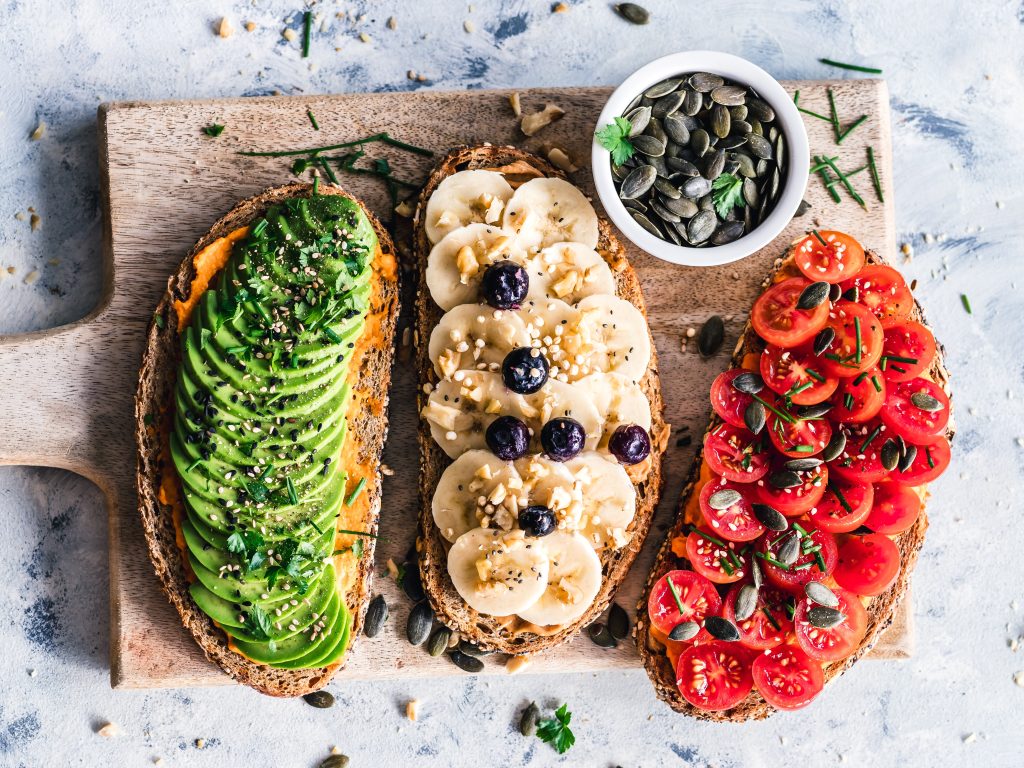
Bridget O’Sullivan
As the vegan movement has gained popularity in recent years, the word ‘vegan’ itself has gained a reputation of sorts. One could even argue that the label has become problematic. As a vegan myself, I can admit that, as a social concept, veganism has become inextricable from certain connotations. Can we really separate the word from the alarmingly pink smoothie bowls Instagrammed at 6 am to the tag ‘Post-yoga refuel’? I bet if most of us were asked to depict a vegan, the same attributes would come up again and again: pretty, skinny white girl with money to burn in Whole Foods, mantras to live by and a superiority complex she doesn’t know needs addressing. The word has been largely feminised and stuck on an array of overpriced foods no one really knows how to pronounce. As it stands, ‘naughty’ vegans are called ‘junk food vegans’. That’s as bad as it gets in the eyes of those leading the movement. Many leading voices seem to have lost sight of the core principle: attract more people by practicing inclusivity and tolerating the spectrum of vegans that exist. The vegan bubble, mostly a product of social media, needs to expand its platforming.
So, if you don’t fit the binary vegan ideals, where does that leave you? Excluded. Disenfranchised. Fed-up. Why would you stick with a community that doesn’t promote you? Most ideological movements will have figureheads, but there’s no single leading voice driving veganism forward. Instead, there is a virtue-signalling, misinformed stereotype that projects into mainstream minds when they think ‘vegan’.
‘Vegan’, a derivative of ‘vegetarian’, started off as a beautifully intentioned word when it was first coined in 1944. It signalled a refusal to consume any animal products. It still does. Only now the word has been remoulded by Western society, by social outlets specifically, to mean much more than just that. The word vegan can be contextualised through social media advocacy, externalised militancy and, most crucially, absolution.
We either break these connotations by widening the vegan community, or we change the labels we give to those thriving off a cruelty-free diet. ‘Vegan’ is simply not inclusive enough going forward and if the movement doesn’t try to reach almost everyone, it’s humanity at large who’ll suffer. Earth will eventually succumb to greenhouse gas emissions; over half of GHGs are a consequence of animal agriculture. If we cut out this link in the food supply chain, by converting society at large to a plant-based diet, and curtailing mass-breeding practices in/within the farming industry, we’ll, literally, save the planet.
The ‘preciousness’ many associate with the word ‘vegan’ harms the wider movement. The way forward is to embrace the alternative term ‘plant-based’.
Rebranding veganism is perhaps the only route to sustaining the movement’s growth, and that’s the most effective path to sustaining posterity. When one decides to become plant-based, or to incorporate more plant-based foods into their diet, they are, by default, living more sustainably. Binary terms such as ‘veganism’ can easily intimidate or put off potential allies. Basically, the less exclusionary the terminology, the more receptive society will be to plant-based living.
So why ‘plant-based’? Why is this term so much better than the other? Something about ‘based’ just feels less absolutist; ‘based’ isn’t all-encompassing. One’s diet doesn’t have to be perfectly plant-based, whereas a vegan’s does. There’s no such thing as a dairy-consuming vegan. There’s zero-tolerance of animal products in veganism. Of course, this militancy may be what society really needs to sustain our futures. However, it’s too ideological for the majority. There’s also a danger in veganism’s link to militancy. To abide by the ironclad rules of veganism, one must exert a lot of self-control; foregoing most birthday cakes, most takeaways, most chocolates (although that is slowly changing; even Lindt have boarded the vegan train this Christmas). This self-control might help save the planet, but it can be detrimental to one’s health.
Self-control can too easily become distorted and turn into self-deprivation. Disordered eating feeds off self-control; the line between limiting food choices and virtual starvation can be marginal for those prone to disordered eating habits. Newbridge Clinic found that over a third of young people undergoing ED recovery treatment wanted to become vegan. Therein lies the underlying problem with the term ‘vegan’. It doesn’t give enough scope for error; it doesn’t include enough spheres of society and it doesn’t feel to me like the way forward for the plant-based community.
